With the Blue Action Fund, the Federal Ministry for Economic Cooperation and Development and KfW created an important institution for marine and coastal protection in developing countries in 2017. The difficult beginning was followed by an extraordinary success story.
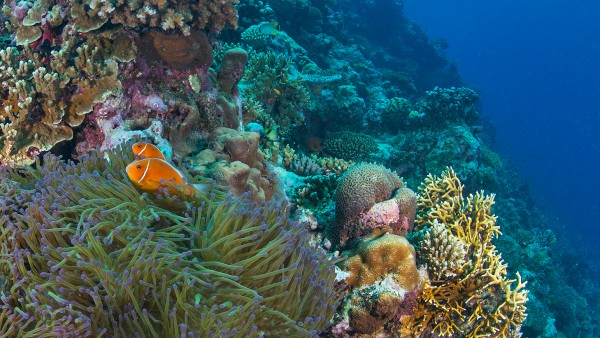
Overfishing, pollution, climate change - the marine ecosystem is at risk. The Blue Action Fund aims to protect it.
When Markus Knigge became managing director of the Blue Action Fund in mid-2017, it was a dream job for him - and has remained so until today. Because he loves the seas, because he has experience in setting up new organisations and because he has used his expertise as an urban planner, political scientist and economist to work for over ten years in environmental organisations, with a focus on European fisheries policy. In short: Markus Knigge knows about the importance of the seas.
“More than 70 percent of the earth's surface consists of water,” he says. “So the Earth is above all a blue planet.” The oceans also contain the greatest biological diversity. And statistically, every second breath we take contains oxygen produced in that blue realm. And the oceans also make a significant contribution to human food security. “So the seas have always been important,” says Knigge, “but they have not always been on the political radar.”
This is starting to change. Awareness of the importance of the world's largest habitat has increased, especially in the last few years. Which is a good thing, but also has sad reasons: The marine ecosystem is under enormous pressure. Be it through overfishing, shipping traffic, pollution, deep-sea mining or climate change.
Foundation for marine conservation
For this reason – and not least inspired by the adoption of the 2030 Agenda for Sustainable Development at the UN Summit in New York in 2015 – the German Federal Ministry for Economic Cooperation and Development (BMZ) drafted a ten-point action plan for marine protection and sustainable fisheries. Point one: “Creating more and better managed marine protected areas”.
In order to fulfil this, BMZ and KfW jointly set up the Blue Action Fund (BAF) at the end of 2016. BAF is a foundation that provides financial support to national and international non-governmental organisations (NGOs) in developing countries to implement selected nature conservation projects in marine protected areas – “in order to help their work on the ground to become more effective”, says Knigge.
After Markus Knigge came on board in June 2017 as managing director of the foundation, the first task was to establish the basic framework for the financing system. That meant a lot of file and mental work, such as: defining evaluation and transparency mechanisms, drafting model contracts and developing an application procedure for the NGOs and their projects. “One of our great successes in the initial phase was that we were able to establish these processes relatively quickly so that we could start active funding as soon as possible,” says Knigge. The first contracts with NGOs were already signed at the beginning of 2018.
The Blue Action Fund supports organisations in protecting the oceans. At the South-African coast, for example, the NGO Wildtrust is working to protect endangered sea species like the loggerhead turtle.
Support for nine cross-border projects
The foundation now supports nine projects – some of which are transnational – in the Pacific Ocean, (Colombia, Costa Rica, Ecuador, Panama), the South Pacific (Fiji, Papua New Guinea, Solomon Islands), the Gulf of Guinea (Sao Tome and Principe) and the Indian Ocean (Tanzania, Madagascar, Mozambique and South Africa), with four more projects about to be concluded. BAF's medium-term goal is to support a portfolio of around 25 ongoing projects on a permanent basis, each of which scheduled to run for three to five years and receiving funding of two to three million euros.
So far, the foundation has received 93 million euros in grants – 80 million from the BMZ, eight million from the Swedish Foreign Ministry, which joined the Blue Action Fund soon after its establishment, and five million from the French development agency AFD, which joined in 2018. Outlook for further funds: positive. The foundation itself is therefore international.
Markus Knigge, who initially set up the Blue Action Fund from his Berlin living room, now has four employees and an office in a backyard in the heart of Berlin. And he is happy about every financing agreement he can sign with NGOs: "Because this is the beginning of the actual work on site.
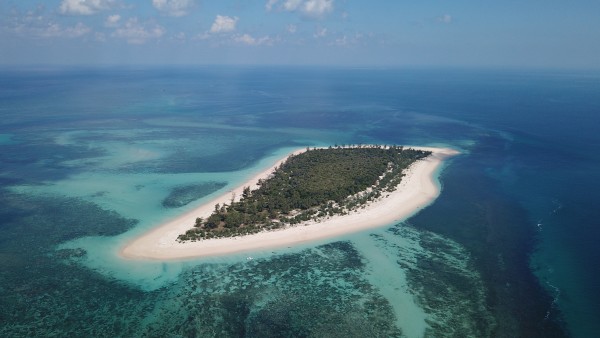
The Casuarina island belongs to Mozambique and is surrounded by coral reefs and seagrass beds. WWF is supporting the fishery communities in the sustainable use of coastal waters.
KfW in Frankfurt is also pleased: “The Blue Action Fund is part of our continued attempt to establish a set of instruments for financing nature conservation projects in order to work directly with NGOs and civil society,” explains Dr Marcus Stewen, project manager and authorized representative at KfW Development Bank. According to Stewen, strengthening civil society is particularly important in nature conservation. Not least because nature conservation is only possible if the local population participates and also sees a sense of purpose in it for themselves. This is why KfW pays particular attention to ensuring that every project it supports strikes a balance - between the conservation of coasts and oceans through protected areas and the simultaneous improvement of the living conditions of the people living along the coast.
Heike Vesper, who heads the Marine Protection Department at the WWF, also knows how interlinked these two areas are, especially in developing countries: “Globally, more than one billion people depend on fishing for their income and food security. Healthy fish stocks, however, need healthy marine ecosystems; they must not be overexploited. But local people often have no alternative.”
Committed to preserving flora and fauna
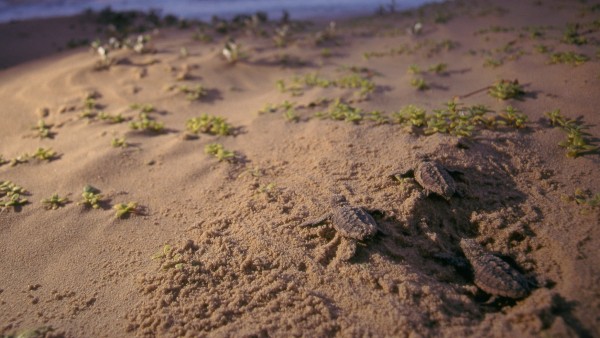
In iSimangaliso Wetland Park, South African nature conservation organisation Wildtrust is working to protect turtles from poaching, among other things.
The WWF, whose projects often operate at the interface between nature conservation and development cooperation, therefore discussed early on with the BMZ and KfW that more needs to be done precisely there. Today the Blue Action Fund is supporting three WWF projects, one in Tanzania and two in Mozambique. At the heart of these projects is the protection of reefs and mangrove forests, which provide for biodiversity and thus for healthy fish stocks in the waters and are also the basis of life for many people. They would not have been possible without the support they receive. “We as WWF are totally grateful for the establishment of this foundation, because it is the only funding structure of its kind for NGOs that is exclusively focused on the marine sector. This is a real gap that has been closed here,” says Heike Vesper.
One of the younger project partners is the South African non-profit nature conservation organisation Wildtrust. Jean Harris, marine biologist and managing director of the organisation's ocean division, has been heading a project there since 2019 which also highlights the extent to which man and the ocean are interrelated – and how important it is to ensure that both are doing well.
On the southeast coast of Africa, the organisation is working across national boundaries to improve the management of the iSimangaliso Wetland Park (a Unesco World Heritage Site) in South Africa and the Vamizi Community Sanctuary in Mozambique, two biologically linked biodiversity hotspots. The problem: there is constant overfishing and illegal fishing along the coastline, not least by people from impoverished communities whose survival depends on marine resources. Wildtrust's approach is to rebuild biodiversity there, increase the size and/or effectiveness of marine protected areas and involve the coastal population.
In order to generate knowledge about how local ecosystems function, the NGO has selected three endangered taxa as key indicators to be monitored: turtles, sharks and rays, which move back and forth in the waters of both countries. The data will provide information on where and what kind of protection is needed – with the participation of the communities. “For example, we have trained 38 members of one of the poorest local communities as turtle watchers,” says Jean Harris. Instead of becoming poachers, they are given a legal job option.
At the same time, the nature conservation organisation is trying to encourage tourism companies in the area to create more jobs and business opportunities for the local people. After all, if tourism benefits from the well-preserved nature, it is only right to offer poor communities compensation for their loss of fishing. Wildtrust therefore goes a lot to the communities, asks for needs, provides training places in the nature parks. It's a holistic approach that brings people closer to the sea again: “Many people are no longer connected to the sea they live at because of poverty,” says Harris. “We want to renew that connection.” Without the support of the Blue Action Fund, she is certain she would never have been able to carry out such a project. “It's a very special kind of funding.”
Published on KfW Stories on 2 June 2020, updated on 17 May 2024.
The described project contributes to the following United Nationsʼ Sustainable Development Goals
Goal 2: Zero hunger
Today, 795 million people still go hungry, and two billion people are malnourished. Hunger is not only the most significant health risk, it is also one of the greatest barriers to development. It contributes to flight and displacement and fosters hopelessness and violence. Today, the world produces enough food to ensure sufficient nutrition for everyone. However, due to insufficient infrastructure, trade barriers and armed conflicts, not all people have equal access to food.

All United Nations member states adopted the 2030 Agenda in 2015. At its heart is a list of 17 goals for sustainable development, known as the Sustainable Development Goals (SDGs). Our world should become a place where people are able to live in peace with each other in ways that are ecologically compatible, socially just, and economically effective.

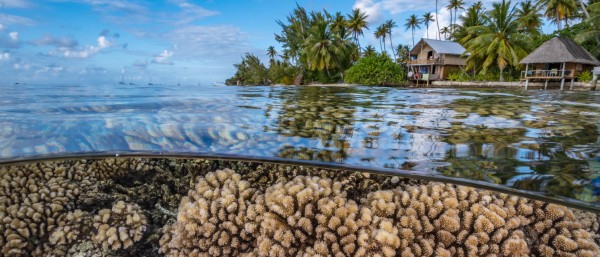
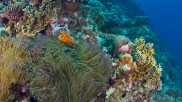
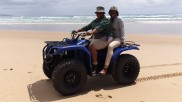
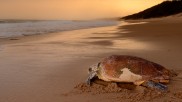
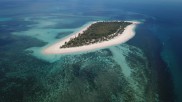
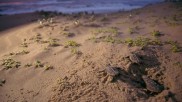
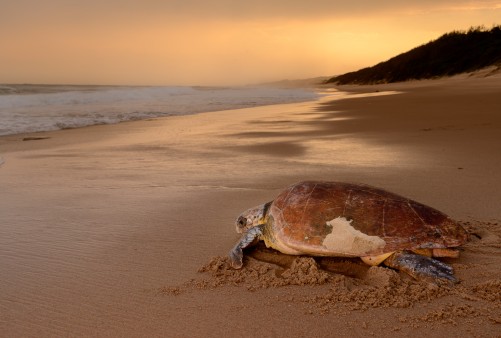
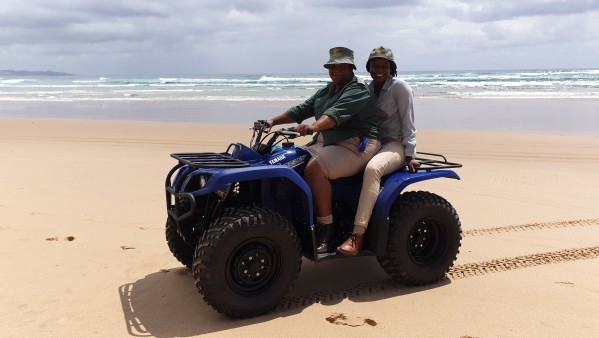
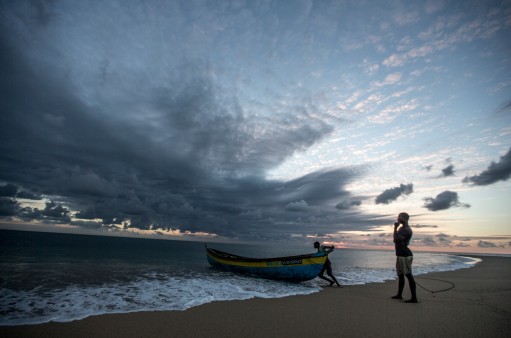
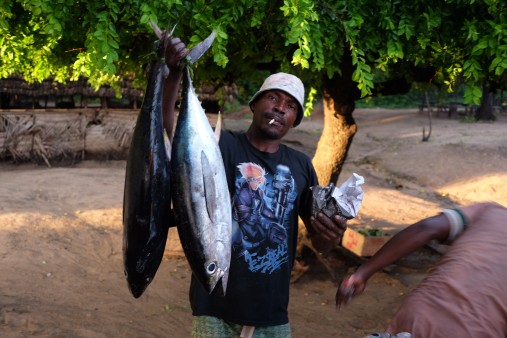




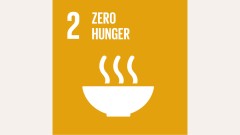
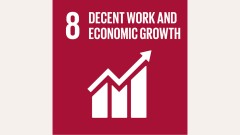
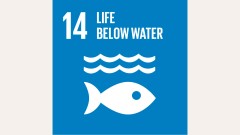

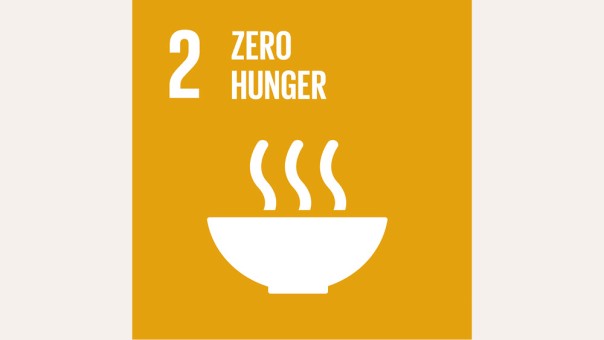
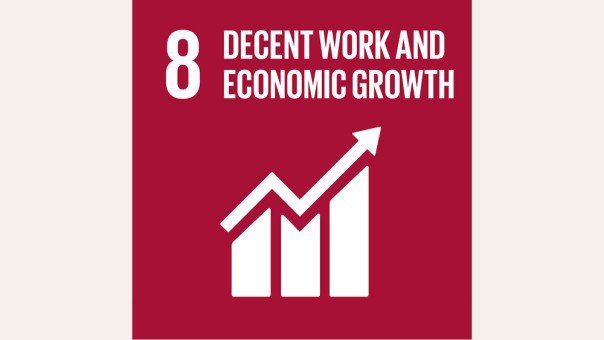
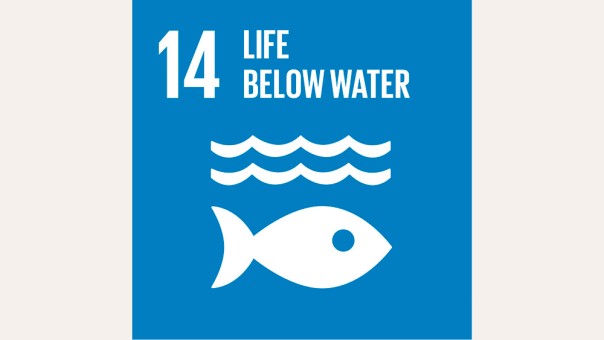

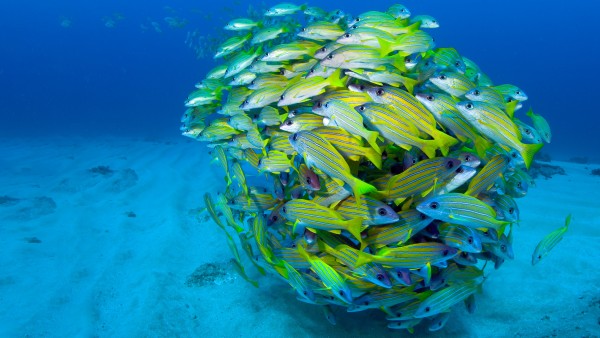
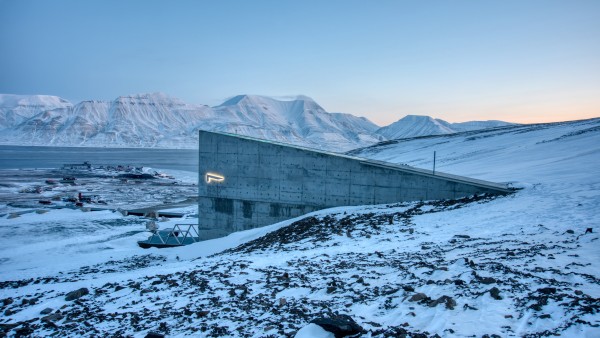
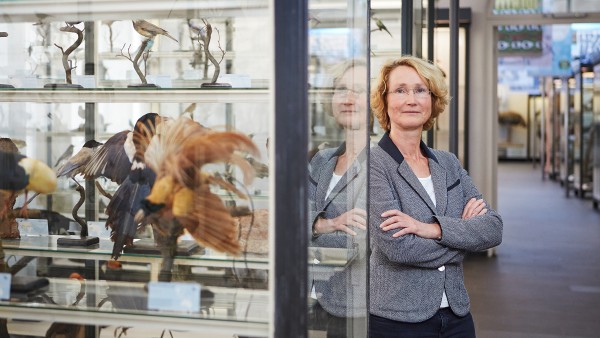
Data protection principles
If you click on one of the following icons, your data will be sent to the corresponding social network.
Privacy information